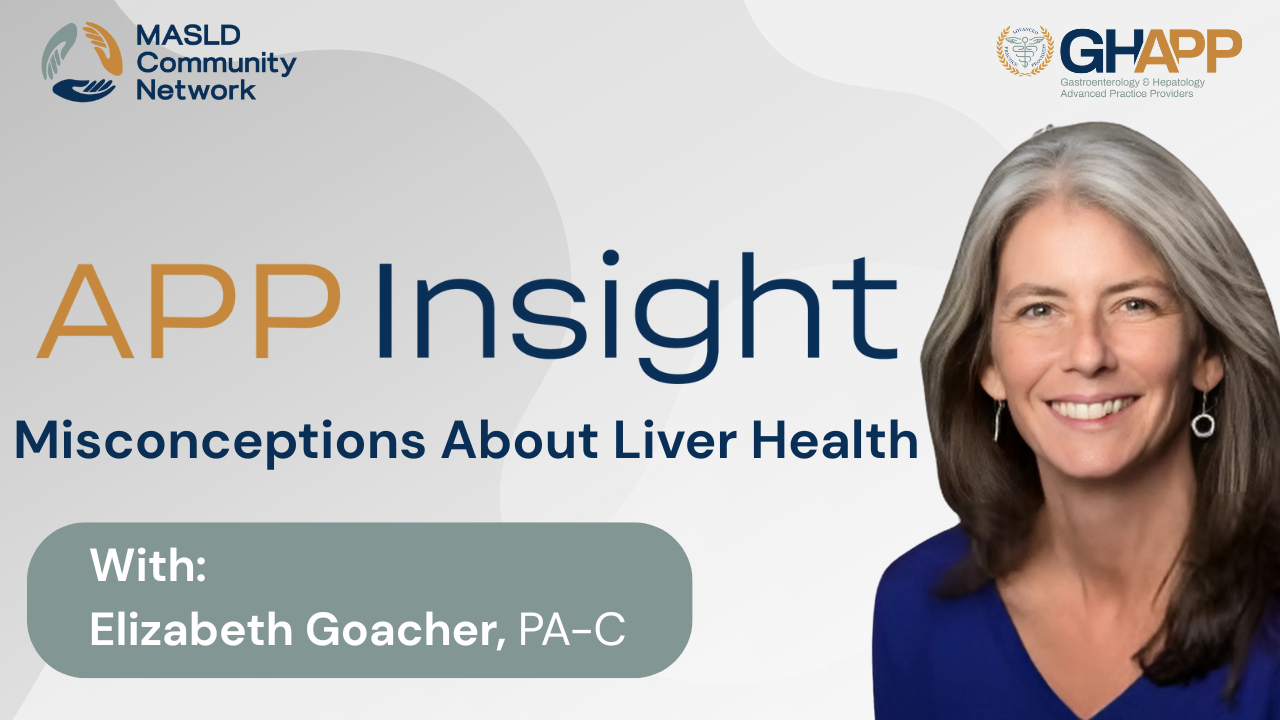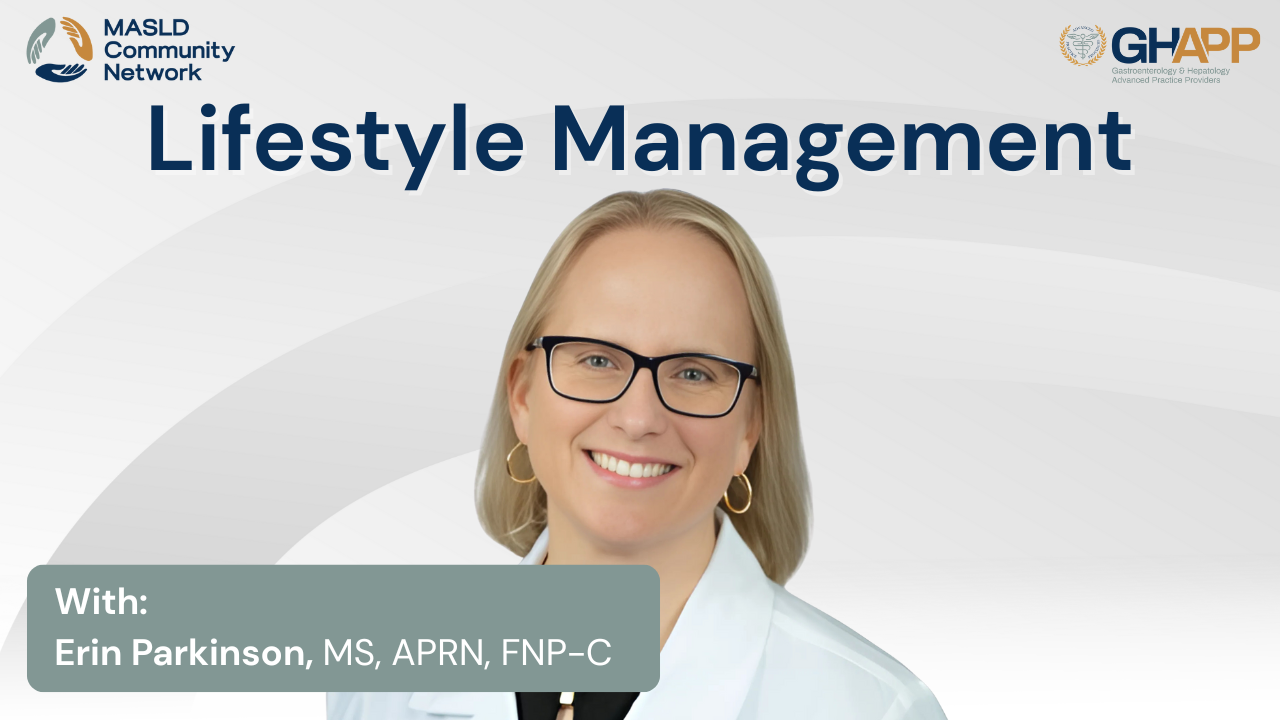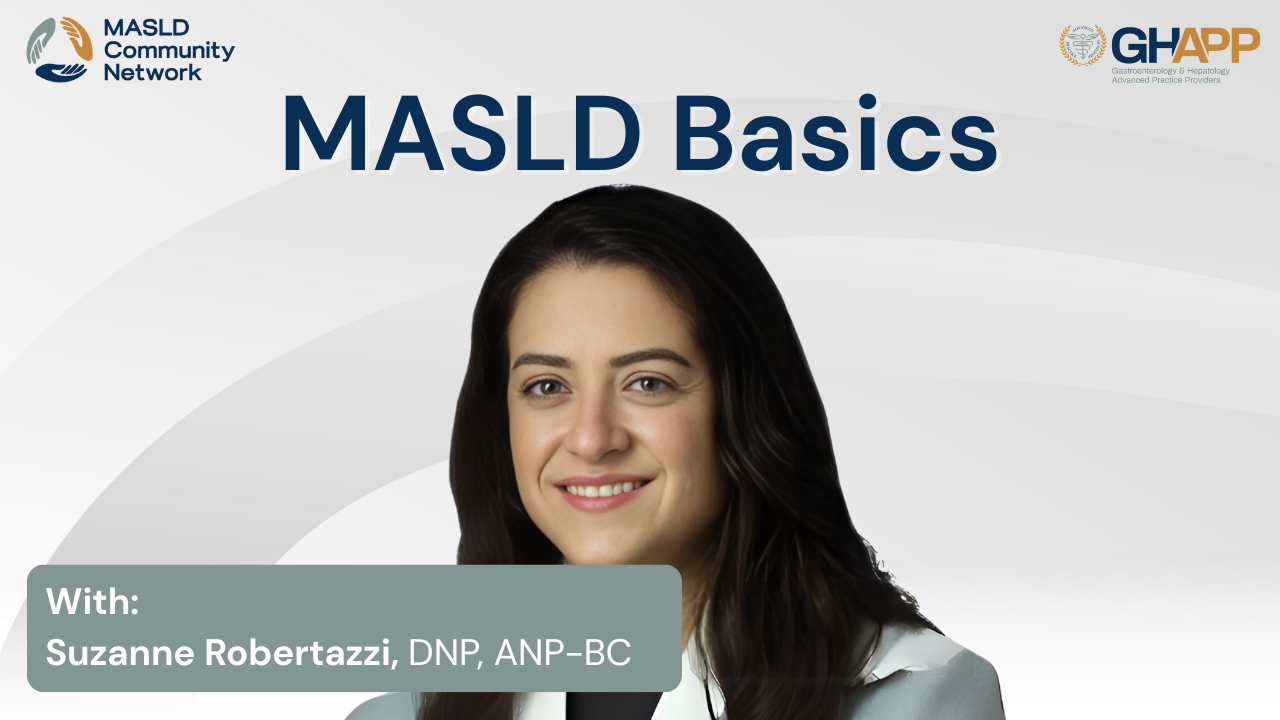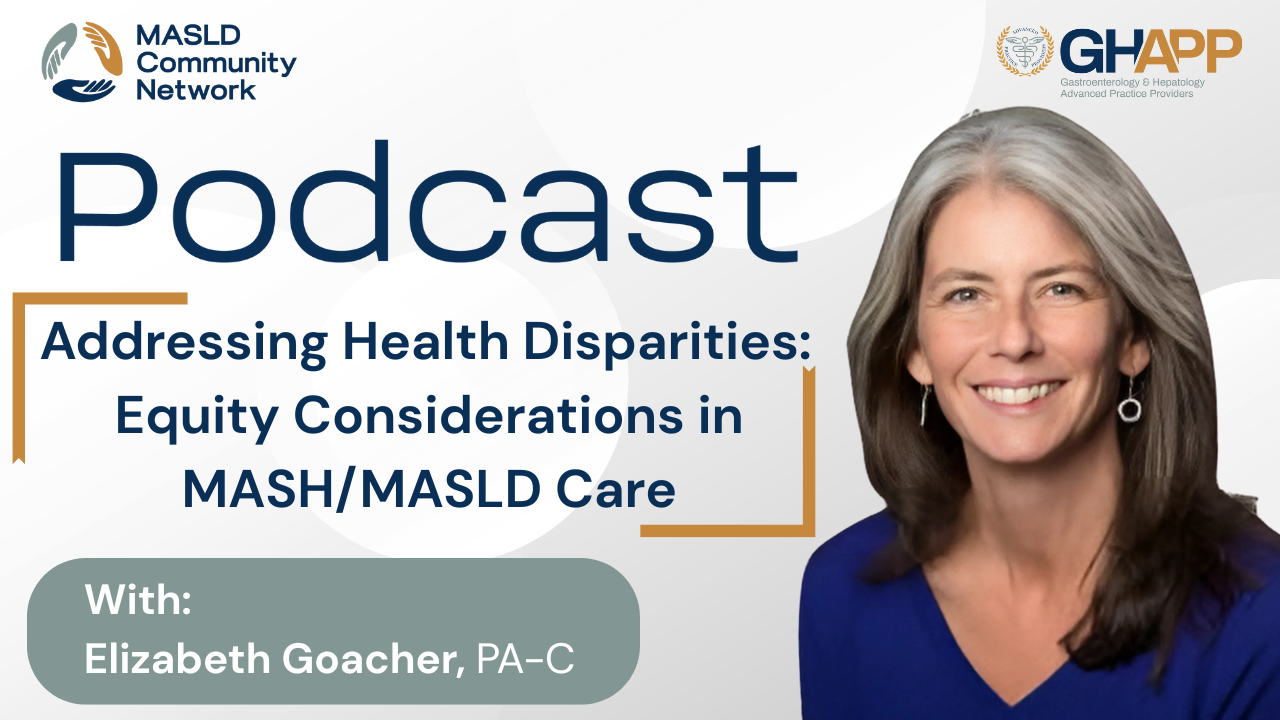
Elizabeth Goacher
PA-C
Location : Raleigh, NC, USA
BIO
Elizabeth Goacher is a Physician Assistant with Duke University Medical Center, Department of Medicine, Gastroenterology Division, Duke Liver Center, April 2001 to the present. Her pronouns are she/her. She is currently engaged in full time clinical practice in Hepatology. Her clinical work encompasses the full spectrum of liver disease patient population, from early stage disease to end of life, with a particular interest in portal hypertension. She served as Team Lead for the Duke Division of Gastroenterology Advanced Practice group of 25 Advanced Practice Providers 2014-2023. She is also lecturer and preceptor at Duke University School of Medicine Physician Assistant Program. Elizabeth graduated from the Duke University School of Medicine Physician Assistant Program in 1998 after earning her Bachelor of Arts from University of North Carolina at Chapel Hill in 1991. She is past Chair of the Hepatology Associates Committee of the American Association for the Study of Liver Diseases and was a member of the inaugural class of Associate Fellows of AASLD in 2020. When she is not at work, she maintains a health boundary from technology (aka EPIC) and spends as much time outdoors as possible. When asked to design and implement her dream job, she would own and operate a cocktail and tapas venue while instructing fitness classes on a large piece of lakeside property in North Carolina alongside her canine rescue, foster and retraining agency.
MASLD-MASH Content Featuring Elizabeth

Misconceptions About Liver Health

Elizabeth Goacher, PA-C at Duke University in Durham, North Carolina, addresses a common misconception about Metabolic Dysfunction-Associated Steatotic Liver Disease (MASLD)—that it’s a “death sentence.” While early screening and awareness are critical, Elizabeth emphasizes the importance of balanced messaging: most patients with MASLD, especially those without advanced fibrosis, will not experience liver failure or require a transplant. Instead, their greatest health risks are often from cardiovascular disease and all-cause malignancy, making lifestyle changes, metabolic health management, and cardiovascular risk reduction key priorities. This discussion encourages both patients and referring providers to focus on evidence-based care, clear communication, and realistic risk assessment, ensuring that awareness doesn’t translate into unnecessary fear.
Watch Now

Lifestyle Management With Erin Parkinson

In this impactful session from the GHAPP MASLD Community Network, Erin Parkinson, NP, explores the vital role of lifestyle modifications in the management of MASLD (Metabolic dysfunction-associated steatotic liver disease) and MASH (Metabolic dysfunction-associated steatohepatitis). Through the lens of a real-world case study, Erin illustrates how clinical tools like FIB-4 and FibroScan® can be used to assess fibrosis risk and guide interventions for patients presenting with metabolic syndrome and hepatic steatosis. With a focus on practical, personalized care, this presentation highlights how diet, exercise, and culturally sensitive counseling can meaningfully reduce hepatic fat, inflammation, and fibrosis—key factors in preventing progression to cirrhosis or hepatocellular carcinoma. Erin discusses the impact of processed foods, high-fructose corn syrup, and sedentary behavior, while offering actionable guidance on introducing Mediterranean diets, intermittent fasting, and realistic exercise goals tailored to individual readiness and barriers. Whether you're a hepatology specialist, primary care provider, or obesity medicine clinician, this talk delivers tools to better support patients with MASLD/MASH through sustainable behavioral change and longitudinal follow-up.
Watch Now

MASLD Basics With Suzanne Robertazzi

Join Suzanne, a nurse practitioner from the Washington DC VA Medical Center, as she kicks off a comprehensive lecture series on steatotic liver disease, focusing on the evolving understanding of MASLD (Metabolic dysfunction-associated steatotic liver disease) and MASH (Metabolic dysfunction-associated steatohepatitis). In this foundational session, Suzanne walks through the new nomenclature replacing NAFLD and NASH, and outlines the clinical criteria used to identify and stratify patients along the MASLD–MASH spectrum. Learn how metabolic risk factors such as obesity, prediabetes, hypertension, and dyslipidemia contribute to disease progression, and explore the use of non-invasive diagnostic tools like Fib-4, FibroScan, and ELF scores to assess fibrosis. The session also discusses indications for liver biopsy, the implications of overlapping etiologies (like alcohol-associated liver disease), and strategies for identifying patients at high risk for cirrhosis, hepatocellular carcinoma (HCC), and liver-related mortality. This lecture equips clinicians, particularly those in primary care and hepatology, with a practical framework to evaluate steatosis, interpret metabolic profiles, and determine when to refer patients for specialty care. Whether you're new to liver disease or looking for updates on MASLD and MASH terminology, this session is an essential starting point.
Watch Now

Management of Life Style Modification

This video focuses on the comprehensive management of patients with metabolic-associated steatohepatitis (MASH), emphasizing lifestyle modifications, dietary adjustments, and exercise strategies. Key topics include the importance of addressing risk factors like diet, exercise habits, and alcohol intake, as well as referrals to medically supervised weight loss clinics or bariatric surgery for advanced cases. The speaker highlights the benefits of the Mediterranean diet, intermittent fasting, and avoiding ultra-processed foods while discussing the role of resistance training to combat sarcopenia and maintain muscle mass. Practical advice and tailored recommendations ensure a holistic approach to managing MASH and improving patient outcomes.
Watch Now

Third Step of Life Style Management

This video provides a comprehensive overview of emerging pharmacologic treatments for metabolic-associated steatohepatitis (MASH) and their tailored applications based on patient profiles. Topics include FDA-approved therapies, drugs in advanced clinical trials (such as semaglutide and lanifibranor), and the potential for combination treatments targeting both steatohepatitis and fibrosis. The speaker emphasizes the importance of patient-specific approaches considering metabolic profiles, obesity, and diabetes status, alongside lifestyle interventions. Additionally, the video discusses the evolving interdisciplinary care model and highlights the exciting progress in non-invasive testing and treatment advancements for F2-F3 fibrosis.
Watch Now

Approved Medication for MASH/NASH

This video provides detailed guidance on selecting and monitoring patients for emerging therapies targeting advanced fibrosis (F2-F3) in NASH. Key topics include contraindications for patients with cirrhosis, considerations for concomitant medications, and dose adjustments for statins. The video outlines ideal candidates based on specific thresholds for VCTE, MRE, ELF scores, and other non-invasive tests while emphasizing the importance of ruling out portal hypertension and other liver diseases. It also reviews a stepwise monitoring approach, focusing on tolerability at three months and efficacy assessments at six and twelve months, with an emphasis on histologic and non-invasive test improvements.
Watch Now

Types of Diet for the Treatment of MASLD

This video explores comprehensive strategies for managing metabolic-associated steatohepatitis (MASH), focusing on fibrosis risk stratification, lifestyle modifications, and pharmacologic interventions. Learn about dietary recommendations like the Mediterranean diet, exercise guidelines emphasizing resistance training, and the role of intermittent fasting and processed food avoidance. The video also highlights weight loss targets, diabetes management, and emerging therapies such as GLP-1 receptor agonists and bariatric surgery, all aimed at improving liver health and patient outcomes.
Watch Now

NITs to Identify High Risk MASH Patients

Explore advancements in non-invasive diagnostics and risk stratification for liver fibrosis and MASH. This video highlights tools like FIB-4, transient elastography, and innovative scoring systems (e.g., FAST and Agile) to identify and predict outcomes for high-risk patients. Learn about serum biomarkers, updated guidelines, and the role of lifestyle interventions alongside targeted therapies for managing metabolic risks and advancing care in hepatology.
Watch Now

MASH Bootcamp Q&A

In this interactive Q&A session, a panel of liver disease experts discusses key challenges in diagnosing and treating metabolic dysfunction-associated steatohepatitis (MASH) using non-invasive testing and the latest therapeutic advancements. The panel explores the role of FibroScan, ELF scores, and cardiometabolic risk factors in diagnosing fibrosis, especially in patients with limited access to MRI or VCTE-based assessments. They also discuss how serologic testing can be a viable alternative in resource-limited settings and when a liver biopsy may not be necessary for diagnosis. The discussion highlights the FDA approval criteria for Resmetirom, its limitations in F4 patients, and practical strategies for determining treatment eligibility. The experts address real-world challenges, including diagnosing MASH in rural areas, evaluating confounding factors in fibrosis assessment, and ensuring comprehensive liver disease workups to rule out autoimmune conditions.
Watch Now

Addressing Health Disparities: Equity Considerations in MASH/MASLD Care

Join Elizabeth Goacher, PA-C from Duke University Medical Center, for an in-depth discussion on addressing healthcare disparities in Metabolic Dysfunction-Associated Steatotic Liver Disease (MASLD). As part of the MASLD Community Network, supported by Madrigal, Elizabeth explores how social determinants of health—including race, ethnicity, socioeconomic status, geography, and access to nutritious food—impact MASLD prevalence and outcomes. She highlights the higher rates of MASLD in Hispanic populations, individuals with obesity, diabetes, cardiovascular disease, and hypertension, and emphasizes actionable strategies clinicians can use in everyday practice to mitigate bias, improve screening, and provide equitable care. This episode underscores the importance of starting with the individual patient, asking the right questions, and tailoring recommendations based on access and resources to help reduce disparities and improve liver and metabolic health.
Watch Now
FAQ's

Misconceptions About Liver Health

Elizabeth Goacher, PA-C at Duke University in Durham, North Carolina, addresses a common misconception about Metabolic Dysfunction-Associated Steatotic Liver Disease (MASLD)—that it’s a “death sentence.” While early screening and awareness are critical, Elizabeth emphasizes the importance of balanced messaging: most patients with MASLD, especially those without advanced fibrosis, will not experience liver failure or require a transplant. Instead, their greatest health risks are often from cardiovascular disease and all-cause malignancy, making lifestyle changes, metabolic health management, and cardiovascular risk reduction key priorities. This discussion encourages both patients and referring providers to focus on evidence-based care, clear communication, and realistic risk assessment, ensuring that awareness doesn’t translate into unnecessary fear.
Watch Now













